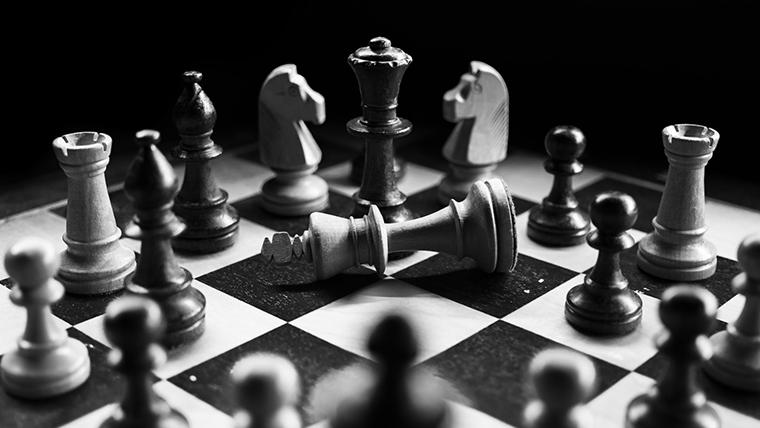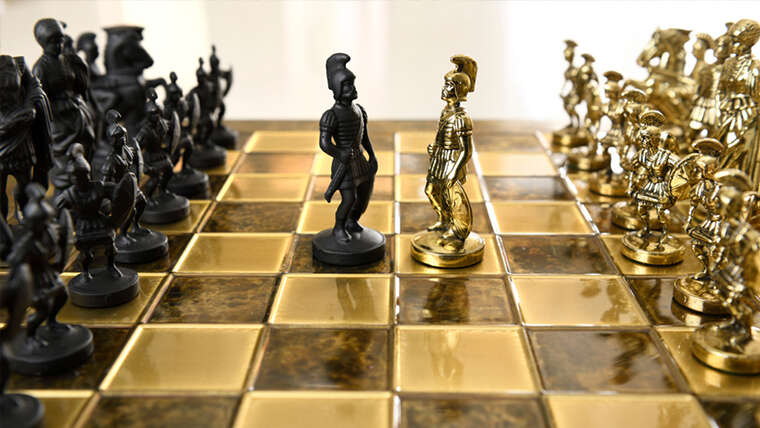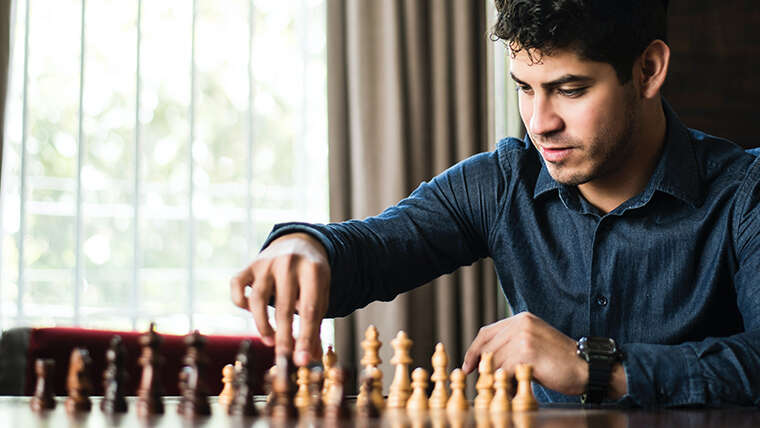Adults often feel that their chess has hit a plateau and wonder if it is possible for them to improve. The answer is simple- Yes, it is possible for adults to improve at chess. In fact, many adults have become skilled chess players, even if they did not start playing until later in life. Improving at chess requires a combination of factors, including regular practice, study of the game, and exposure to new strategies and tactics.
Adults who are just starting out with chess may benefit from lessons and instruction, either from a coach or through online resources. They can also improve their skills by playing against stronger players, analyzing their own games, and studying the games of successful chess players. Additionally, practicing regularly and participating in chess tournaments can help adults to continually challenge themselves and improve their skills.
It is important to note that improvement in chess, like any other skill, may not happen overnight and may require patience and persistence. However, with dedication and effort, many adults have been able to develop their chess skills and enjoy the game to a higher level.
Improving at chess requires dedication and a willingness to learn. Here are some tips that can help you become a better chess player:
- Study tactics: Understanding tactical patterns and motifs is essential to improving your chess game. Study famous games, analyze tactics and combinations, and practice solving puzzles to develop your tactical ability.
- Study openings: The opening is a crucial stage of the game, and it is important to understand the ideas behind different openings and have a repertoire of openings that you are comfortable with. Study grandmaster games, study opening theory, and practice playing different openings.
- Analyze your own games: After you play a game, take the time to review it and identify your strengths and weaknesses. Look for tactical opportunities you missed, evaluate your decision-making process, and find ways to improve.
- Play against stronger opponents: Playing against stronger opponents will help you identify areas in which you need to improve and challenge you to play at your best. Join a chess club, play in tournaments, or participate in online games to find challenging opponents.
- Practice visualization: Improving your visualization skills will help you see tactical opportunities and anticipate your opponent’s moves. Practice visualizing and analyzing positions, both in real games and in your mind.
- Stay curious: Chess is a constantly evolving game, and there are always new openings, ideas, and tactics to learn. Read books and articles, watch videos, and participate in forums and discussion groups to stay up to date on the latest developments in the game.
- Play regularly: The best way to improve at chess is to play regularly. Make it a habit to play a few games each week, and set aside time each day to study and analyze your games.
- In conclusion, improving at chess requires a combination of study, practice, and experience. By dedicating yourself to the game, you can develop the skills and knowledge necessary to become a better player.
Here is a sample weekly chess study plan:
Monday:
- Review and analyze a recent game you played, focusing on tactics and mistakes made.
Tuesday:
- Study a specific chess opening, learning common moves and strategies.
Wednesday:
- Play casual games with a chess club or online to practice what you’ve learned.
Thursday:
- Study endgame techniques, including pawn endgames and king and rook endgames.
Friday:
- Review key chess concepts, such as the value of pieces, pins, and forks.
Saturday:
- Participate in a chess tournament or play a serious game against a strong opponent.
Sunday:
- Reflect on your progress and set new goals for the coming week.
Note: This plan is just a sample and can be adjusted based on individual needs and preferences. The most important thing is to have a consistent and focused approach to chess study, and to continually challenge yourself and strive for improvement.
For private and group chess lesson please email us on coachkaran@chessed.academy



